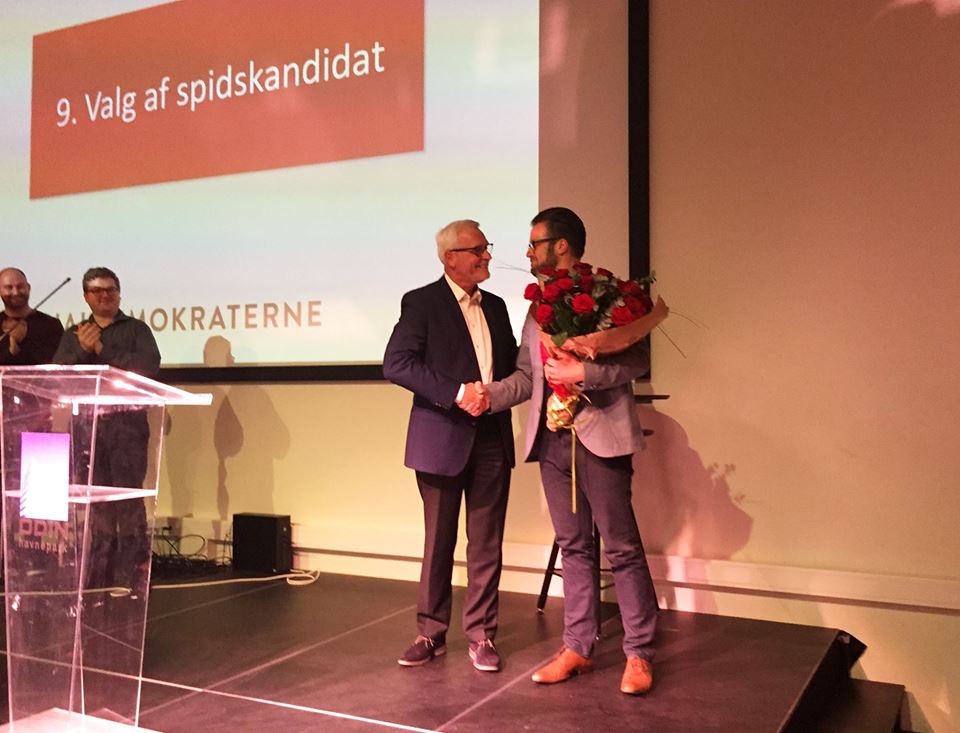After 19 years as the mayor of Denmark’s third-largest city, Anker Boye has decided to call it a day – earlier than expected.
Boye, a member of the Socialdemokratiet party, has announced he will not be waiting until next year’s municipal elections to retire, confirming he will be officially retiring as the mayor of Odense on January 1. He has named party colleague Peter Rahbæk Juel as his prime candidate to succeed him.
“I’m proud to have led a city council that has led Odense through a historic crisis and into a new era where we can see a modern city rise,” Boye wrote on Facebook.
“The city is feeling new optimism and a strong belief in its future. And that means that I, after 19 years as mayor and four years on the [municipal] council, can follow my desires and prioritise other things.”
READ MORE: New Hans Christian Andersen museum green-lighted in Odense
Boye vs Boye
Boye, 66, first became mayor of Hans Christian Andersen’s home town in 1993 and held the position until 2005, when he lost to, oddly enough, Jan Boye.
He then reclaimed his position as mayor in 2010 and has held it ever since.
Juel, currently the political spokesperson for Socialdemokratiet at Odense Municipality, had already been named the party’s mayoral candidate for the upcoming local elections next year following the revelation that Boye wouldn’t run again.















